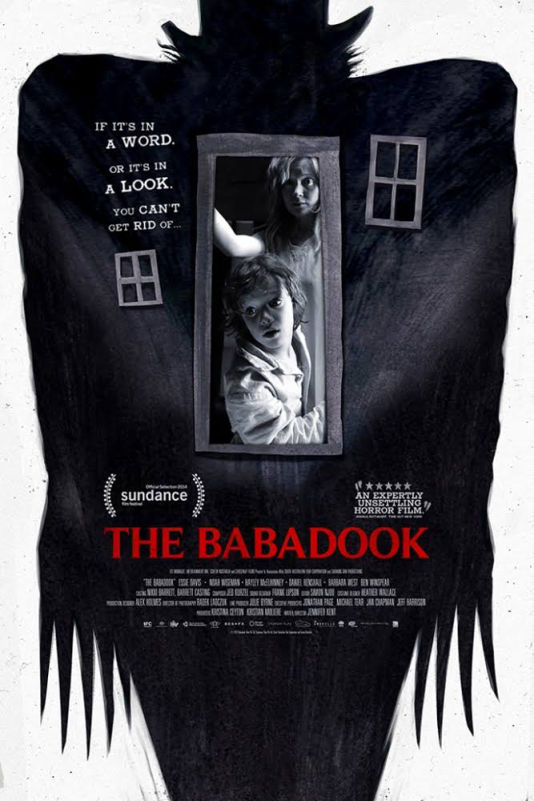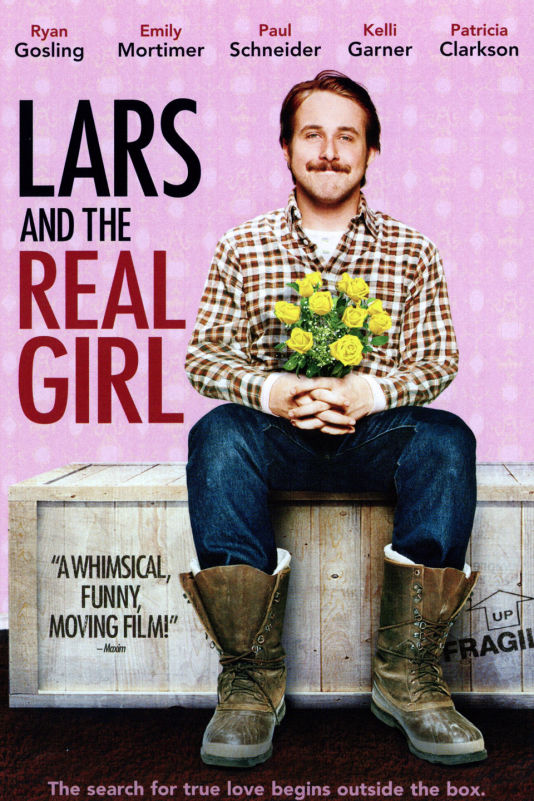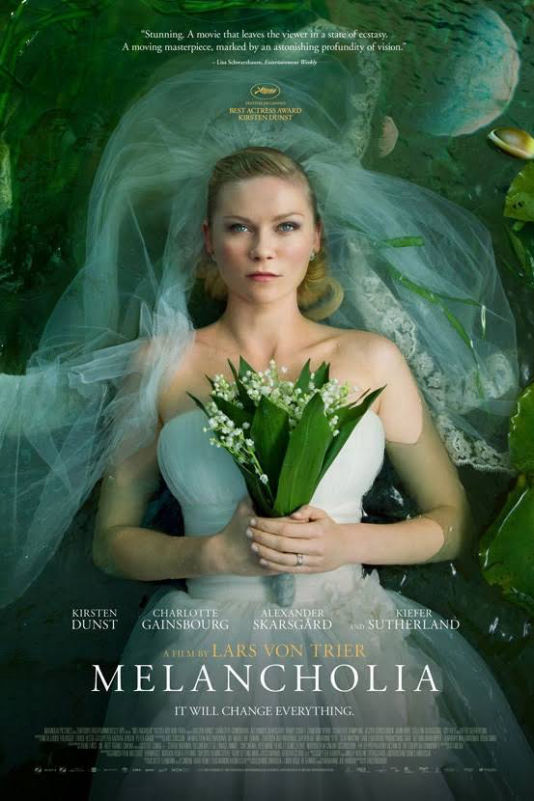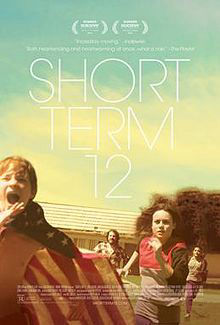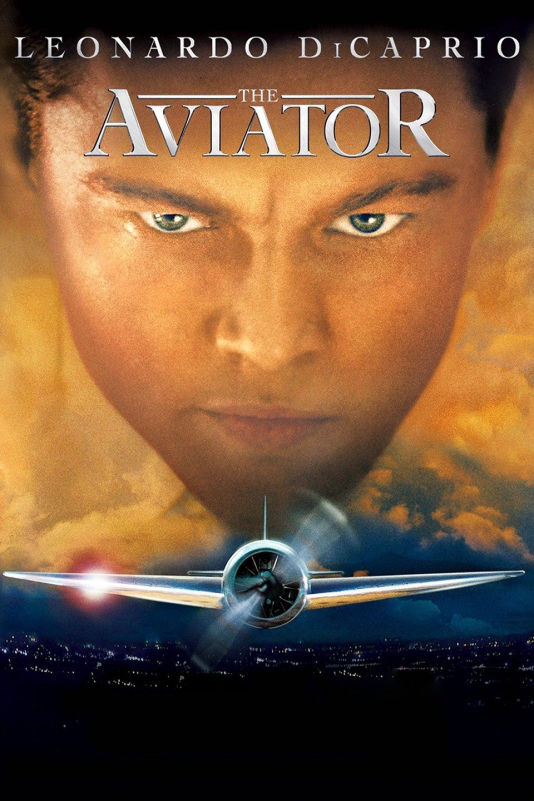
The Aviator
This 2004 film is a detailed, almost completely true biography of the extremely eccentric and acclaimed business tycoon, entrepreneur, investor, aviator, aerospace engineer, inventor, filmmaker, and more, Howard Hughes, who suffered from OCD. The script was written by John Logan and it was directed by Martin Scorsese. It stars Leonardo DiCaprio as Hughes, Cate Blanchett as Katharine Hepburn, and Kate Beckinsale as Ava Gardner (a later love interest). The film also features an interesting array of supporting characters. It was nominated for 11 Academy Awards, winning five for Best Cinematography, Best Film Editing, Best Costume Design, Best Art Direction and Best Actress in a Supporting Role for Blanchett.
The film chronicles, Howard’s rise to fame as well as his all-consuming struggle with severe OCD. It is terrifying, but intriguing and eye-opening as well. It makes for several especially upsetting scenes, including one early on where Hughes washes his hands compulsively until he bleeds and then stands staring at the bathroom door until it is opened for him. The other is closer to the end where he has confined himself to this private theatre where he sits naked, having not showered or shaved for days, editing a film. We also get the terrible image of jars and jars of his urine.
OCD is fucking horrifying, and it is important that this movie shows that, instead of glorifying it as so many other films have. It also manages to give an intriguing picture of such a prevalent anxiety disorder and how crippling it can be, even to some of history's greatest and most outgoing minds.
